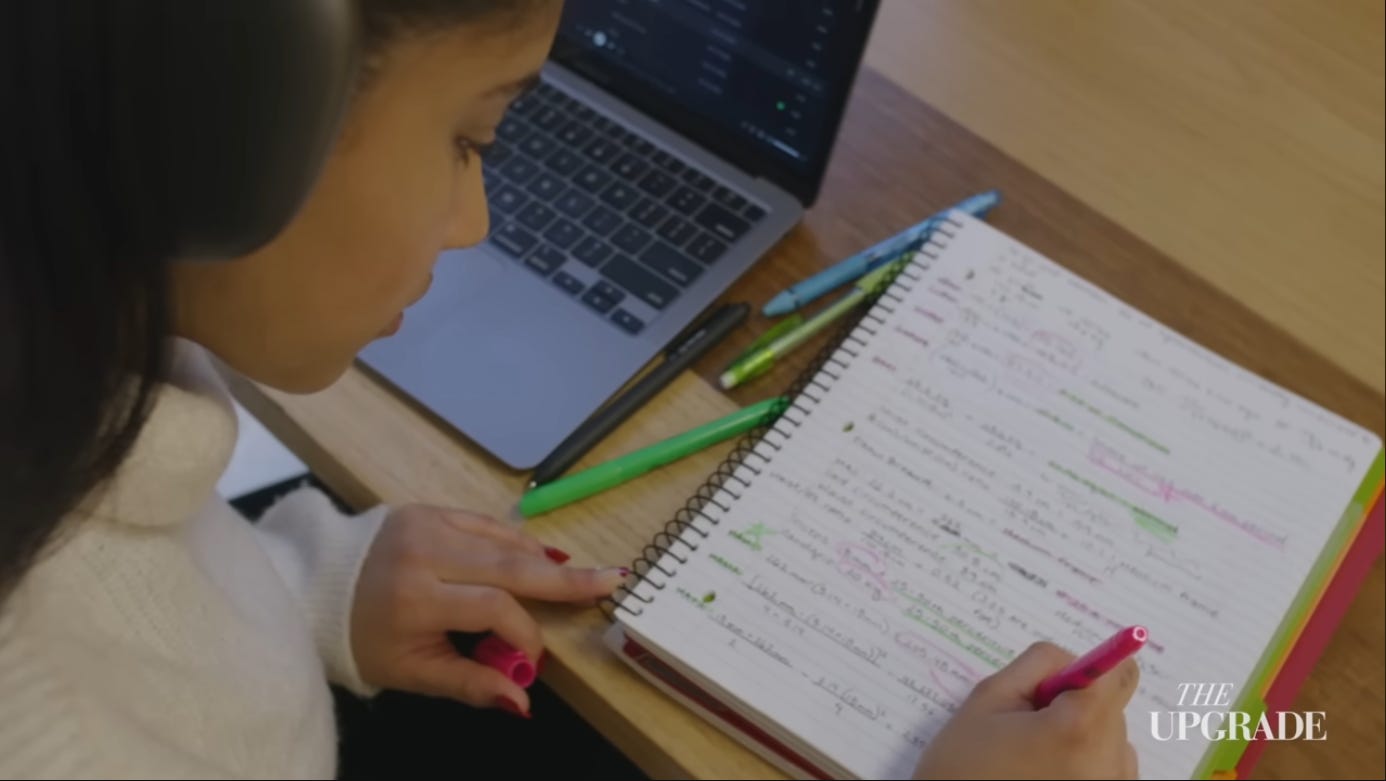Handwriting Literally Rewires Your Brain
Editor’s note: I must be way ahead of the curve on this one as I had noticed this 20+ years ago with my own notes and memory retention, and it is something I have been instructing during my executive sponsorships, my friends, and my wife. Writing something down is retained a lot longer and quicker than using the keyboard. Test yourself on this - take notes of a video using pen or pencil and paper, then take notes of a different but same level of difficulty using just your keyboard. Put them both aside for 3 hours then using either input method (writing or keyboard) list what you remember of both videos, listing each separately. Repeat this a few times during the week. More than 80% of the written will be retained compared to about 50% of the keyboard. Results will vary off course, but your written notes will most likely dominate over your notes taken by keyboard.
Mounting evidence shows that our rush toward digital everything comes with hidden cognitive costs.
Neuroscientists have been studying what happens inside your brain when you write by hand versus type, and the results are... unexpected.
In this video, discover what EEG brain scans reveal about handwriting, why “slower” might actually be faster for your brain, and the surprising connection between ancient practices and cutting-edge neuroscience.
Chapters
0:49 How Handwriting Lights Up Your Brain
1:36 The Pen vs. The Keyboard
3:11 What Happens in the Brain
5:01 Beyond Students
6:30 The Bigger Picture
7:51 Final Takeaway
📖 Study Sources
🖋️ Handwriting but not typewriting leads to widespread brain connectivity
https://ept.ms/Handwriting
🖋️ Immediate and Delayed Recall of Lecture Material as a Function of Note Taking
https://ept.ms/NoteTaking
🖋️ The Pen Is Mightier Than the Keyboard
https://ept.ms/PenMightierThanSword
🖋️ Laptop Versus Longhand Note
https://ept.ms/pmc
🖋️ Does multitasking in the classroom affect learning outcomes?
https://ept.ms/LearningOutcomes
🖋️ Typed Versus Handwritten Lecture Notes
https://ept.ms/TypeVsHandwritten



